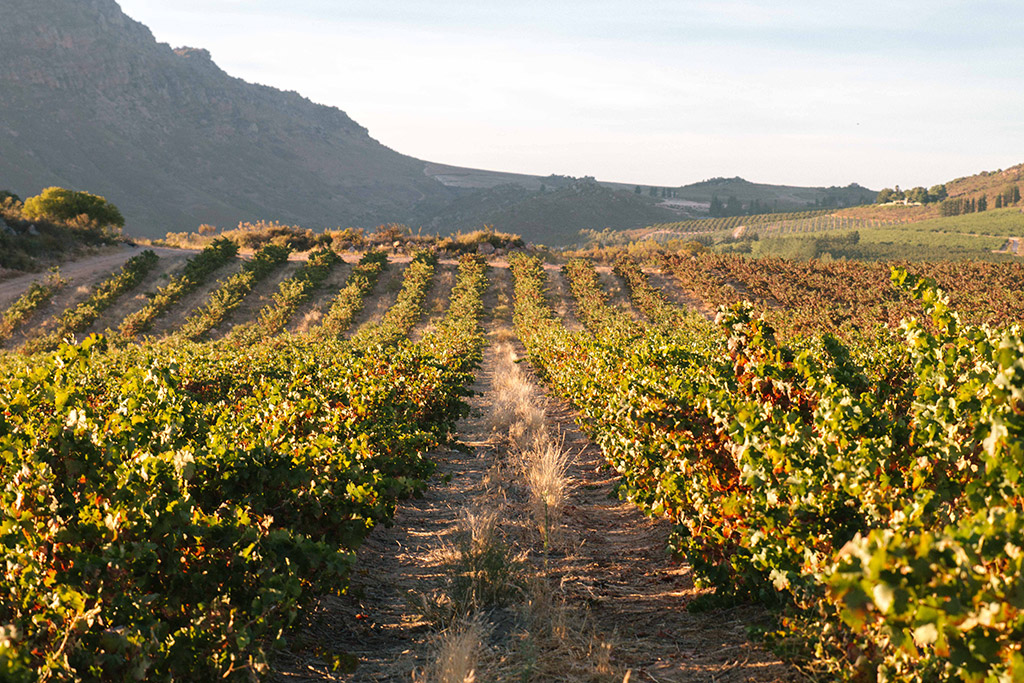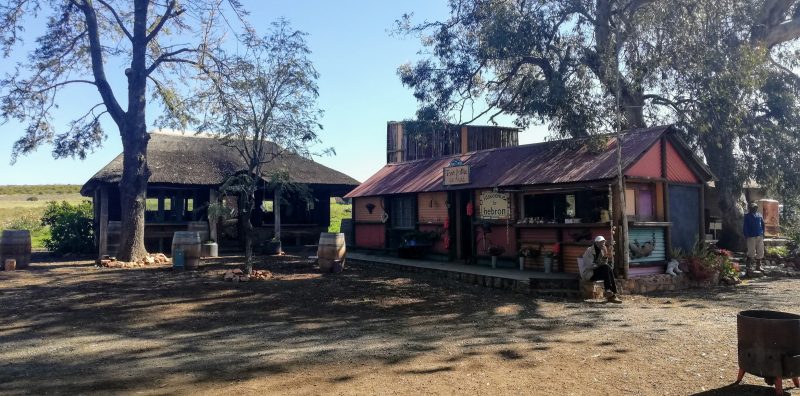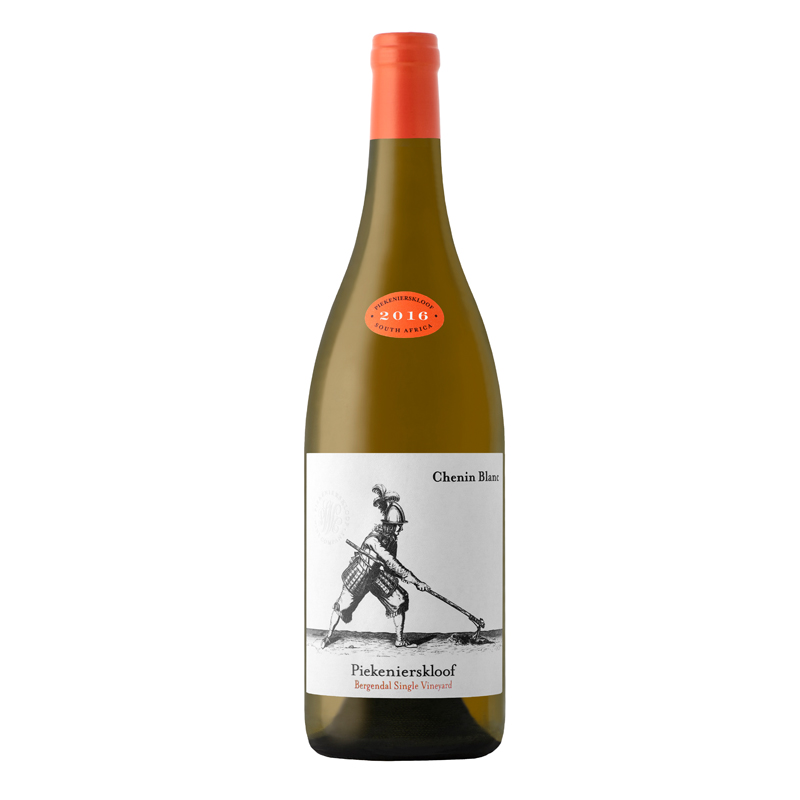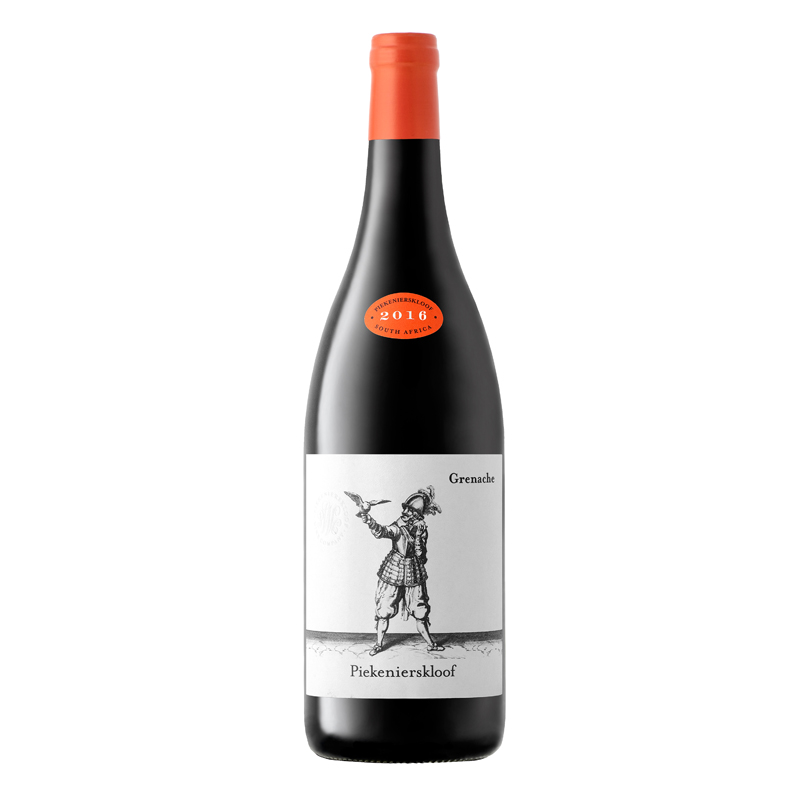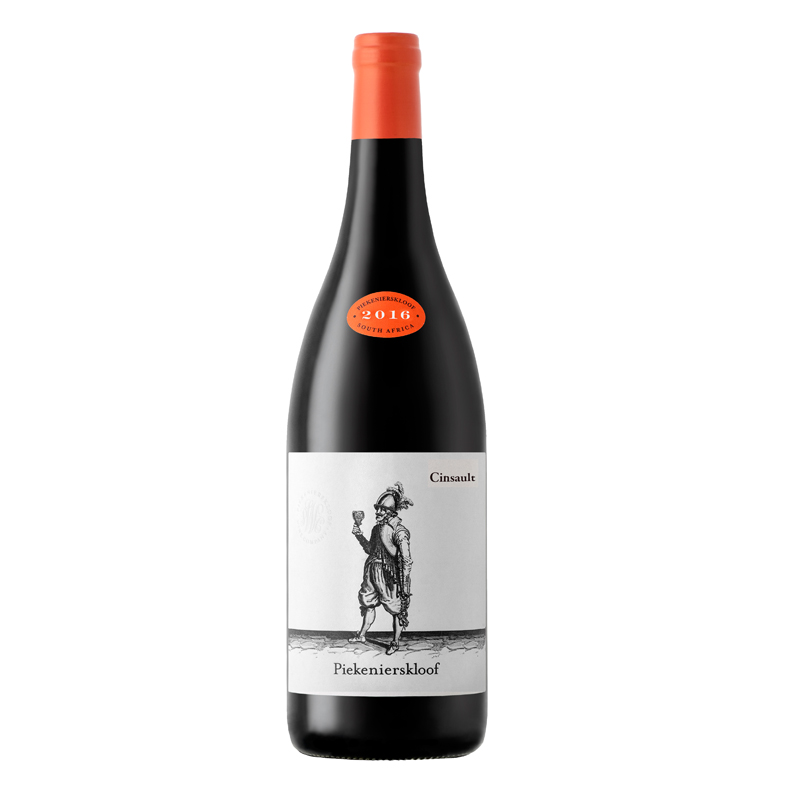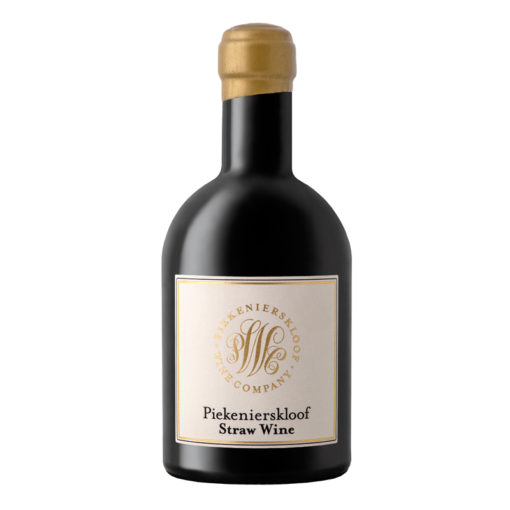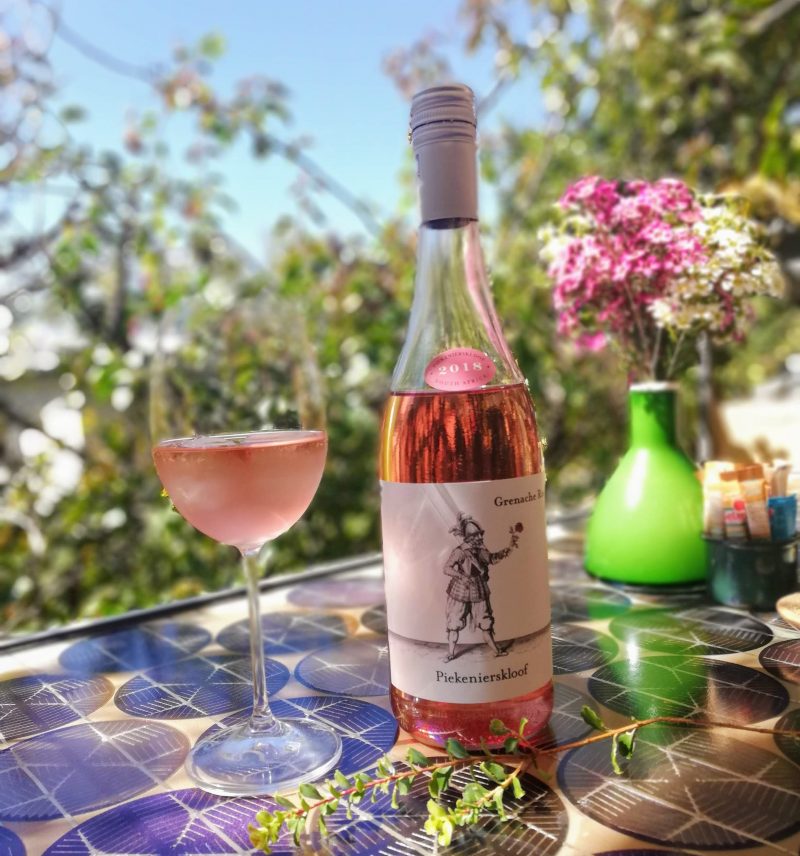One of the biggest buzz-words at the 2018 Cape Wine event was “old vines” and it comes as no surprise. It’s been a hot topic in the South African wine industry over the past couple of years, with many winemakers and grape growers investing time and money into safeguarding the ancient vines of our country.
What exactly are “old vines” and are they worth preserving? Not being very familiar with the topic myself, I decided to hit the road and find out what all the fuzz is about. Having been to the Swartland (the home of old vines) on many occasions, I decided to broaden my horizon and explore a wine region that I’m not familiar with.
Nestled in the Citrusdal Mountains, some 50 kilometres north of Swartland, is the magnificent Piekenierskloof plateau. Green citrus orchards and fields of rooibos, buchu and wildflowers form the backdrop of the area, which is renowned for its superior citrus fruits and various other natural products. At 750 meters above sea level, the climate is characterised by warm days and cool nights; the perfect environment for vineyards to thrive in.
My old-vine-crash-course started at Hebron, a restaurant, guest house and farm stall, situated on top of the Piekenierskloof Mountain. With a certain mesmerising charm that’s hard to pinpoint, one can tell it is a favourite among locals and passersby.
Dying for a glass of wine, I made my way over to the Piekenierskloof Wine Shop after check-in. Here, I met Janine, a quirky wine fanatic whose love for the area and its people runs deeper than the Olifants River. As she poured the wines, she shared some interesting facts on the history of Piekenierskloof and the old vines growing on the mountain slopes.
Piekenskloof Wine Company is a certified member of the Old Vine Project, a classification of vines which are 35 years or older. The mountain vineyards of Piekenierskloof are known to produce outstanding grapes sourced from dryland bush vines, planted between 1962 and 1989. These bush vine vineyards are un-irrigated and planted on their own roots in sandy, loam soils where they produce between 2 to 4 tonnes per hectare.
There are currently four wines in the Piekenierskloof range that are made from vines that are older than 35 years.
Piekenierskloof Bergendal Chenin Blanc
The Chenin Blanc vineyards on the Bergendal farm were planted in 1963, which makes the vines 52 years old. It’s a rich, full and creamy white wine with a well-balanced mid-palate, with elegant apricot flavours that linger on the finish.
www.piekenierskloofwines.co.za
Piekenierskloof Grenache
The Grenache vineyards were planted in 1973, which makes the vines 43 years old. While a classic choice for winter, the wine is also great for summer when slightly chilled.
www.piekenierskloofwines.co.za
Piekenierskloof Cinsault
The Cinsault vineyards date back to 1973, making it 43 years old. The wine shows remarkable drinkability, freshness and balance, with hints of red berries, cherries and black spice.
www.piekenierskloofwines.co.za
Piekenierskloof Straw Wine
The grapes for the Piekenierskloof Straw Wine comes from a Muscat de Frontignan vineyard that was planted in 1962. These vines are all bush vine trained and grow on clay -loam soils. The nose is concentrated with notes of peach and dried apricot, a touch of spice and honeysuckle.
www.piekenierskloofwines.co.za
The labels of the Piekenierskloof range represents the soldiers who looked after the fruitful land. A few hundred years ago the Piekeniers, as they were known, were sent from the Cape of Goodhope to explore the Olifants River region. They were locally known as peacekeepers and protectors who looked after travelers crossing the Piekenierskloof Pass from the North from wild animals who were roaming the mountains. Legend has it that they enjoyed their independence so much, they decided to settle permanently in the region and not return to the Cape. Here they started cultivating the land and developed a small farming community.
In light of a new era, the Piekeniers on the wine labels have been disarmed from their 8 military poses, placing their efforts into more fruitful actions. These elements symbolize the ethos of Piekenierskloof Wine Company: philosophy, peace, liberty and freedom, new beginnings, foundations, establishing new roots, harvest and enjoying the fruits of the people’s labour.
Commercial reality dictates that vines be regularly replaced, but the old vineyards of Piekenierskloof capture the best qualities and character of the area and preserving them is critical.

